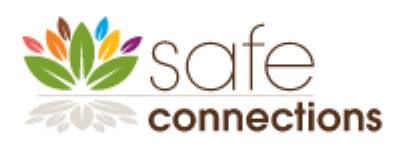- Get Therapy
- Guides & Videos
-

One quick last question. Who was seeking counseling today?
Do you know the reason they are not accepting clients?
|
2165 Hampton Avenue
St. Louis, MO 63139 |

